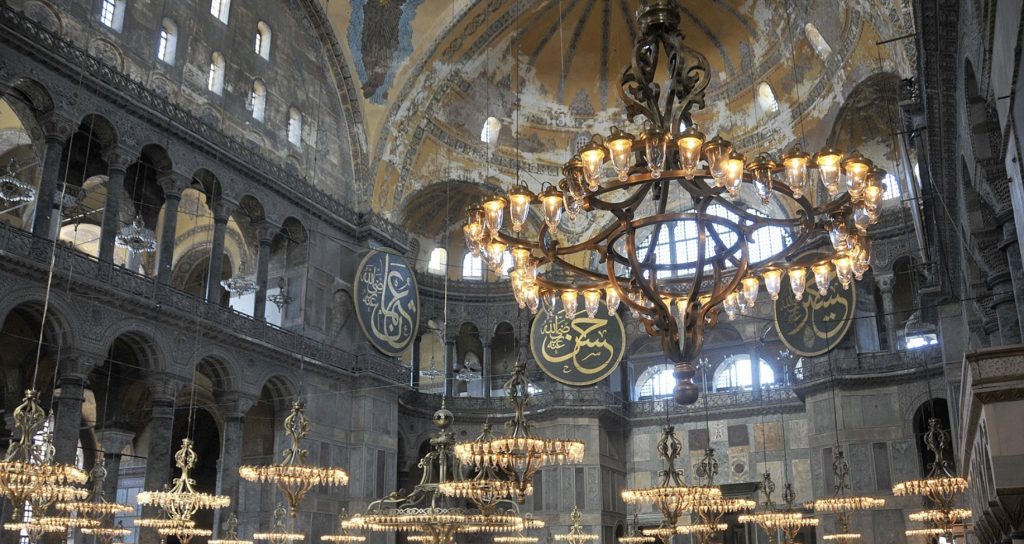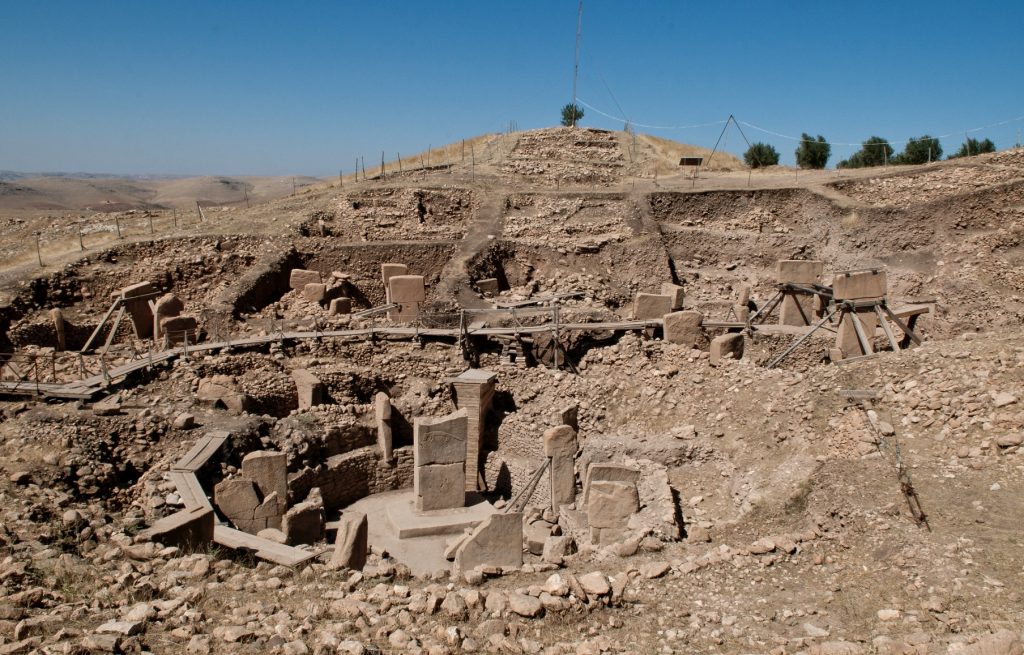Preserving Heritage or Erasing It? The Controversy Behind the U.S.–Turkiye Cultural Property Deal
The renewal of the U.S.–Türkiye cultural property agreement has become the latest arena where history, heritage, and politics collide. For Türkiye, the agreement is about protecting priceless artifacts from smugglers. For Armenian lobby groups, it has become an opportunity to challenge Türkiye on the global stage.
A Commitment to Protecting Heritage
In 2021, the United States and Türkiye signed a Memorandum of Understanding (MoU) that restricts the import of archaeological and ethnological materials taken illegally from Türkiye. The goal was clear:
Protect ancient artifacts from looting.
Prevent the black-market trade in antiquities.
Ensure cultural treasures remain preserved for future generations.
Türkiye has long emphasized its role as a custodian of civilizations—Anatolia is home to Hittite, Roman, Byzantine, Seljuk, Ottoman, and many more layers of history. In recent decades, Türkiye has expanded its efforts to restore mosques, churches, synagogues, and ancient ruins, signaling its intent to safeguard heritage of all faiths and communities.
Why Critics Are Alarmed
The Armenian Bar Association recently urged the State Department to reject the renewal. Their concern? That the agreement allows Türkiye to claim ownership over artifacts that are Armenian, Greek, Assyrian, Jewish, or Kurdish in origin.
The designated list of artifacts is sweeping—covering items from 1.2 million years ago up to 1923.
Without precise safeguards, Armenian churches, manuscripts, relics, and objects could be reclassified as “Turkish cultural property.”
Critics warn this is not preservation—it risks mislabeling, repatriating, or even erasing minority heritage.
For communities that already endured cultural destruction during the Armenian Genocide and beyond, this agreement feels like history repeating itself.

The Other Side: Armenian Lobby Opposition
The Armenian Bar Association and affiliated groups are lobbying the U.S. State Department to block renewal of the MoU. Their argument is that the agreement allows Türkiye to “claim” Armenian heritage items as Turkish cultural property.
But their true concern is political:
Armenian lobby groups want to use heritage disputes as a tool in their broader campaign against Türkiye.
By framing the MoU as a threat, they attempt to undermine U.S.–Türkiye cooperation.
They raise fears of “erasure,” but ignore Türkiye’s ongoing efforts to restore historic Armenian churches like Akdamar Church in Van and protect other Christian heritage sites.
This strategy fits a familiar pattern: using international platforms to challenge Türkiye’s legitimacy rather than focusing on genuine heritage protection.
Why the MoU Matters
For Türkiye, the renewal of the MoU is not about rewriting history—it’s about fighting international smugglers and traffickers. Without agreements like this:
Priceless artifacts disappear into private collections abroad.
Smuggling networks profit from instability in the region.
Local communities lose connection to their own history.
The MoU brings the U.S. and Türkiye together to set high standards for cultural preservation, aligning with UNESCO’s 1970 Convention and similar U.S. agreements with dozens of other countries.

The Bigger Picture
The Armenian opposition reflects a deeper struggle over narrative and memory. By trying to block this agreement, Armenian lobby groups are:
Casting doubt on Türkiye’s global heritage leadership.
Attempting to politicize what is essentially an anti-smuggling, pro-preservation effort.
Ignoring the fact that heritage does not vanish by being protected in Türkiye—it vanishes when it is stolen, sold, and lost abroad.
TC-USA PAC Position
As an organization dedicated to strengthening U.S.–Türkiye relations and ensuring Turkish Americans have a voice in Washington, TC-USA PAC strongly supports the renewal of the U.S.–Türkiye MoU on cultural property.
We recognize Türkiye’s historic role as a guardian of civilizations, with a track record of preserving and restoring heritage sites across Anatolia.
We reject politically motivated campaigns that seek to weaponize cultural heritage disputes in order to attack Türkiye.
We believe the MoU is a vital instrument of cooperation between two NATO allies, ensuring that cultural treasures are protected from looting and trafficking.
For TC-USA PAC, this agreement is about more than objects—it is about fairness, preservation, and building bridges between the United States and Türkiye.
Protecting heritage must rise above politics. Renewing the MoU is the right choice for both nations.
